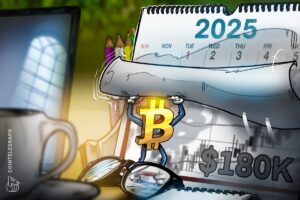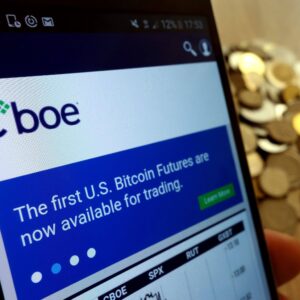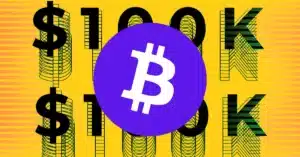Nigerian analysts oppose the role of crypto in the closure of the capital’s BDC

According to Nigerian Web3 legal representative and analyst, Kue Barinor Paul, Nigeria's cryptocurrency peer-to-peer (P2P) market is not responsible for the closure of the Bureau de Change (BDC) chapter in the country's capital.
According to local media reports, Nigerian currency traders and other bureau de change (BDC) operators in Abuja have announced their closure due to lack of supply of dollars. Currency traders have cited the existence of crypto P2P as a reason for the problem.
In an interview with Cointelegraph, Paul described the allegations as baseless and emphasized that cryptocurrency plays a minor role in Nigerian forex activities. He pointed out that significant factors such as inflation and the country's dependence on imports contribute more to the forex shortage.
“Crypto P2P businesses in Nigeria are treating dollar BDC operators exactly how email did to the post office.
Why use physical $$ when it's cheaper and easier to use stable coins like USDT, USDC? Indeed, crypto is disruptive. #cryptorevolution” #bitcoin
– The cryptopreacher. (@Rumerule) February 3, 2024
Paul explained that BDCs hold physical fiat, but crypto transactions are done online with digital assets like stablecoins, so there is no direct competition between BDCs and the crypto space. Blaming the crypto P2P market for the illegal problem for BDC traders is a distraction from facing the real issues behind the problem, he said.
Nigeria is currently the largest P2P market in the world, a direct result of the 2021 CBN ban. However, a circular sent to banks in December 2023 lifted the cryptocurrency ban on Nigerian banks facilitating cryptocurrency transactions.
Many Nigerians who deal with foreign exchange (FX) struggle to do many transactions at traditional banks. Paul noted that the current fees for transferring foreign currency are significantly higher in the banking sector compared to the crypto market, making crypto P2P a more viable option.
RELATED: Nigerian exchanges face licensing hurdles as analysts urge reform of SEC guidelines
Rume Offi, a Nigerian crypto analyst who supported Paul's statement, said the crypto space would facilitate transaction inclusion, especially in Nigeria's free FX market, where people can access foreign currency and hedge their naira against inflation.
As the world embraces digitalization, technological innovation is essential. Paul noted that there is an opportunity for collaboration between traditional players such as BDCs and digital currency operators. But, for that to happen, Paul emphasized that the government needs to regulate both sectors and how BDCs can leverage technology to grow their business.
“Cryptocurrency needs to be properly regulated, and the government needs to understand the players in crypto and know how to effectively regulate them,” Offi said in support of the crypto space.
Magazine: Asia Express: HK game firm to buy 100M crypto treasury, China/UAE CBCC deal














